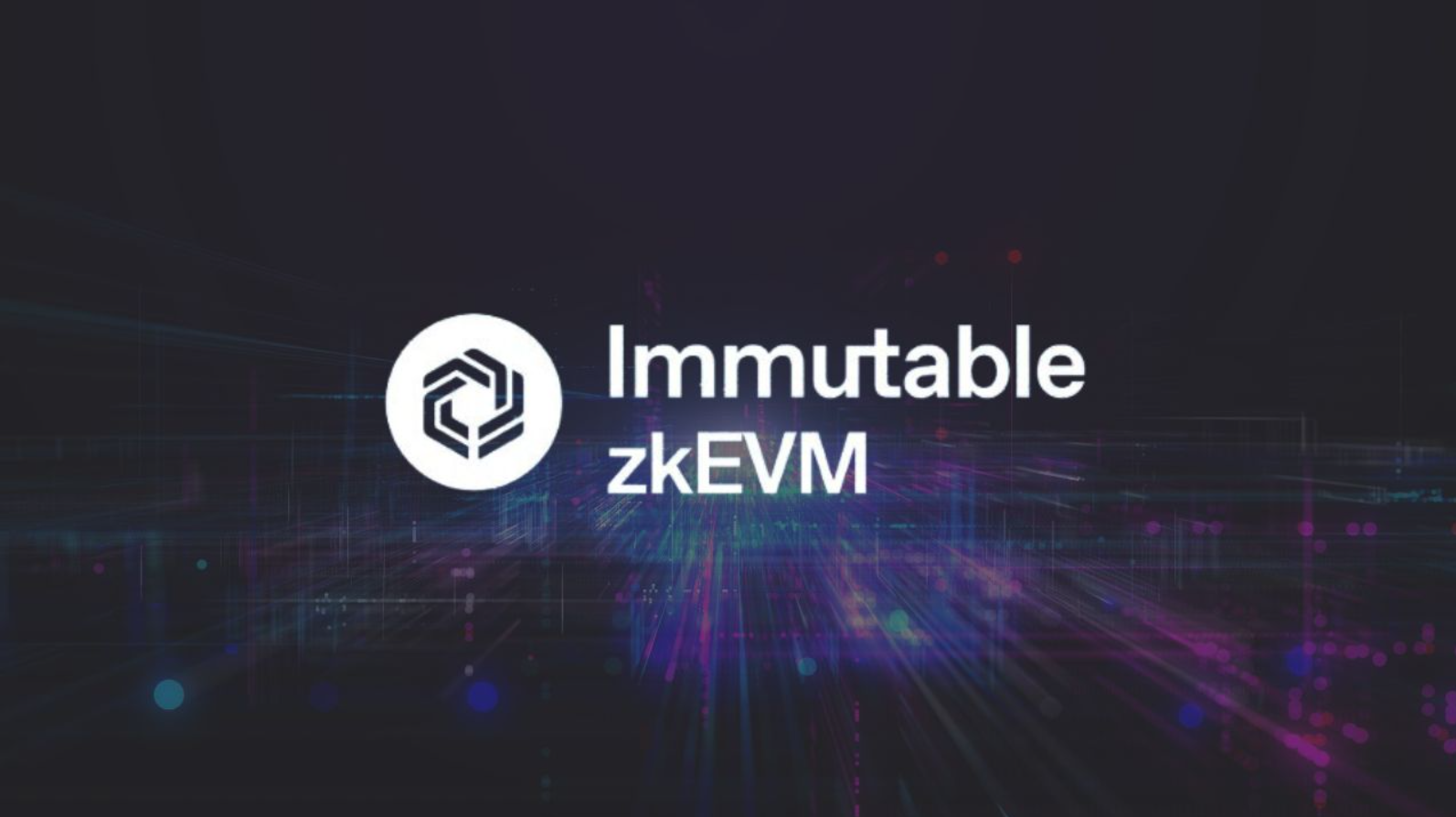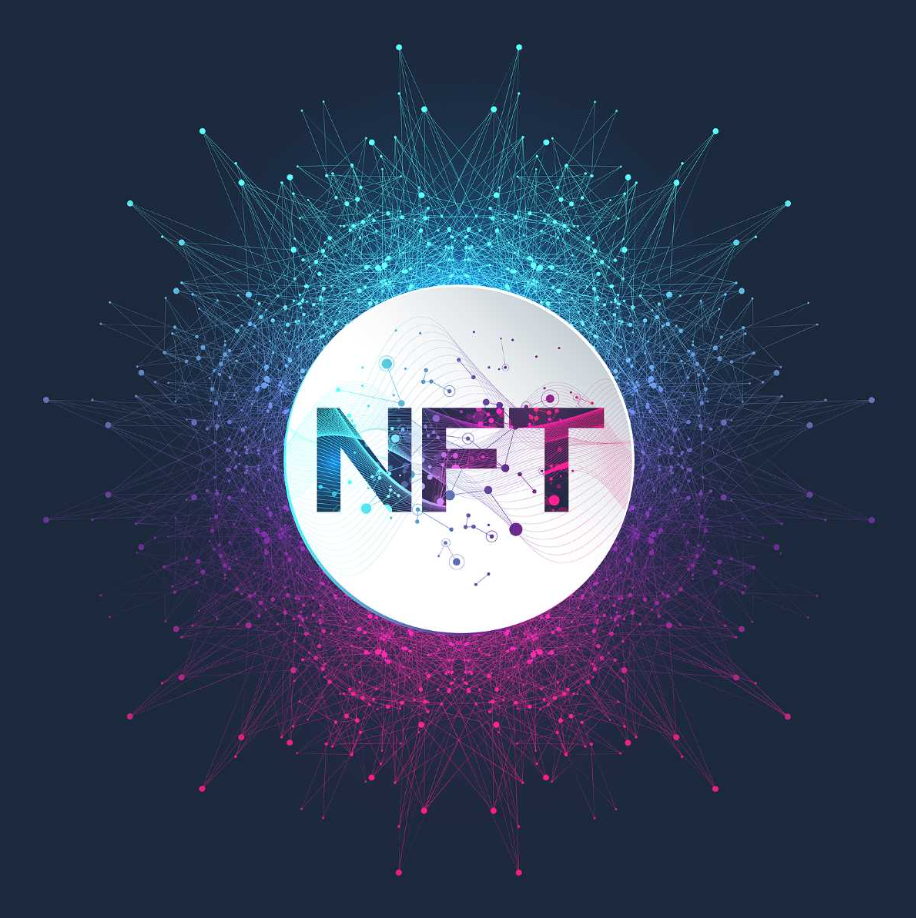China has set its sights on the future of the internet with an intriguing perspective on web3 and Internet 3.0. While web3 is often associated with cryptocurrencies and NFTs, the Chinese government's approach to web3 diverges from this trend. A recent white paper released by the Beijing Municipal Science & Technology Commission provides a captivating glimpse into China's stance on web3 and Internet 3.0, showcasing their commitment to integrating the virtual and real worlds.
Coinciding with the release of the white paper, Hong Kong has implemented a new regulatory framework for cryptocurrencies. This development allows licensed exchanges to cater to retail investors, presenting a departure from mainland China's strict crackdown on crypto trading.
While the new crypto-friendly regulations are exclusive to Hong Kong, they signify a potential shift in China's approach to digital assets. Though mainland users are still prohibited from accessing these services, the changes in Hong Kong have instilled confidence among crypto investors and developers in mainland China. This move is seen as an experiment by the Chinese government, showcasing their willingness to explore new possibilities.
The white paper serves as evidence that China is embracing web3 in some capacity within its future internet landscape. Notably, it references Ethereum co-founder Gavin Wood as the pioneer of web3 and acknowledges the impact of artist Beeple's NFT auction. China recognizes the value of web3's inclusive protocols, empowering application developers to create innovative applications by providing essential modules.
In terms of tangible manifestations, the paper aligns with Western technologists, emphasizing web3's ability to enable users to not only consume and create information but also own their data. This new paradigm of reality and virtuality merging paves the way for an emerging economic system, with web3 serving as a critical foundation for identity verification, data authentication, asset trading, and regulation within the metaverse.
China's endorsement of web3 signifies a positive outlook on blockchain adoption in the country. While regulators remain concerned about the speculative nature of cryptocurrencies and market volatility, both the public and private sectors are cautiously exploring blockchain applications beyond crypto-related fields. Notably, China favors the use of consortium blockchains governed by selected participants rather than open and censorship-resistant public blockchains.
Ant Group, Alibaba's fintech affiliate, has already launched a consortium blockchain for small enterprises and developers. This initiative aims to establish trust in multi-party collaborations, revolutionizing areas such as supply chain finance, product provenance, digital invoices, and charitable donations.
China's perspective on web3 and Internet 3.0 offers a fascinating insight into their vision for the future. With the integration of virtual and real realms, China envisions a world where web3 serves as the foundation for various aspects of life, including identity verification, data authentication, asset trading, and regulation within the metaverse. As China continues to explore the possibilities of web3, the landscape of the internet is poised for an exciting transformation.










